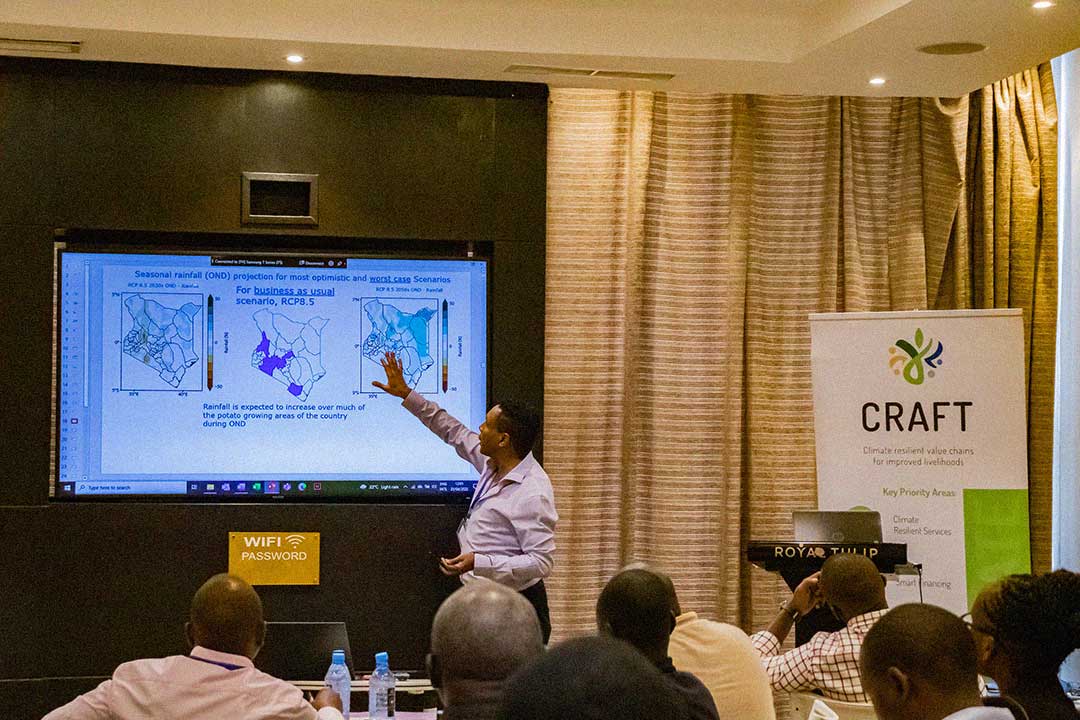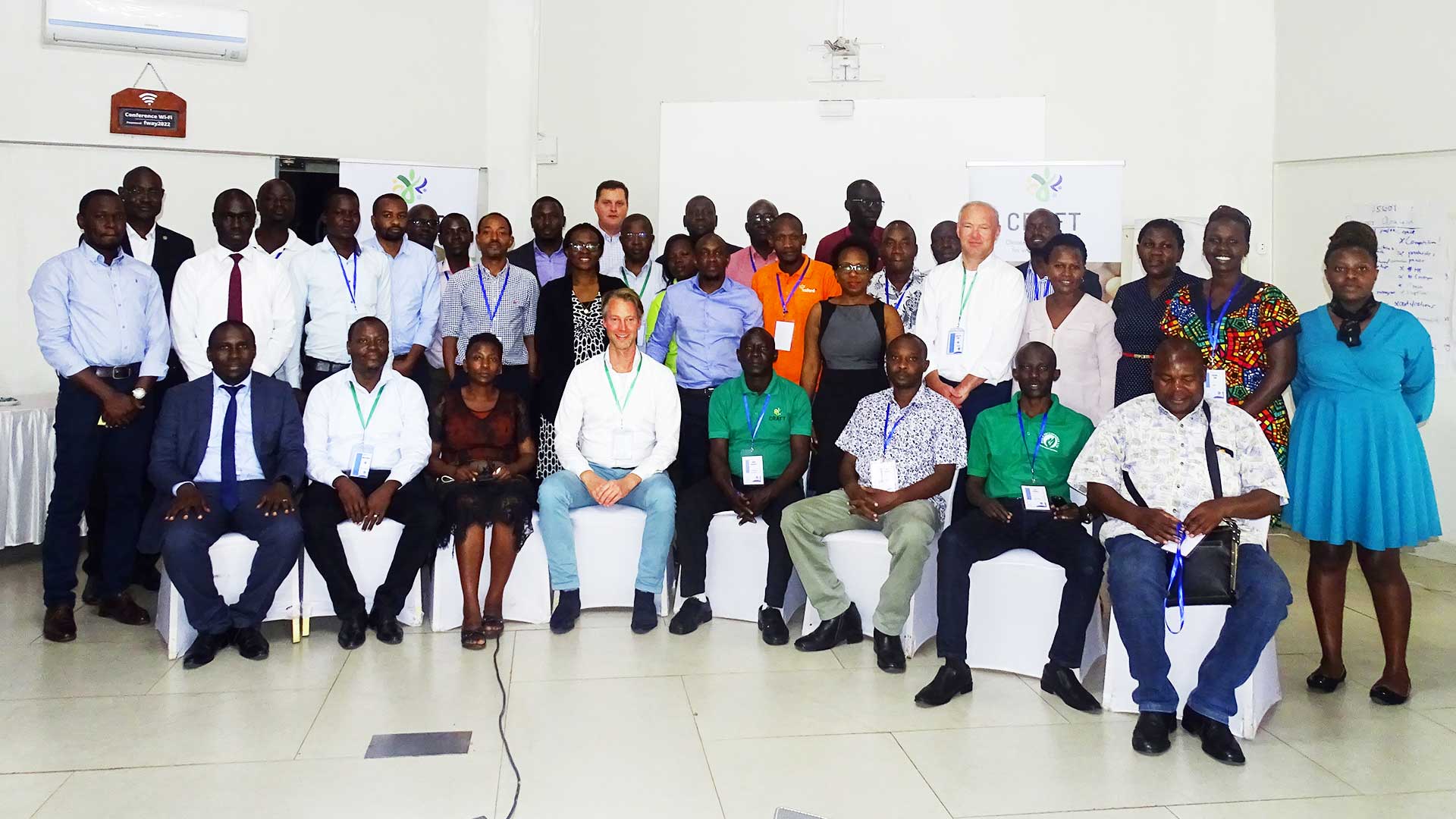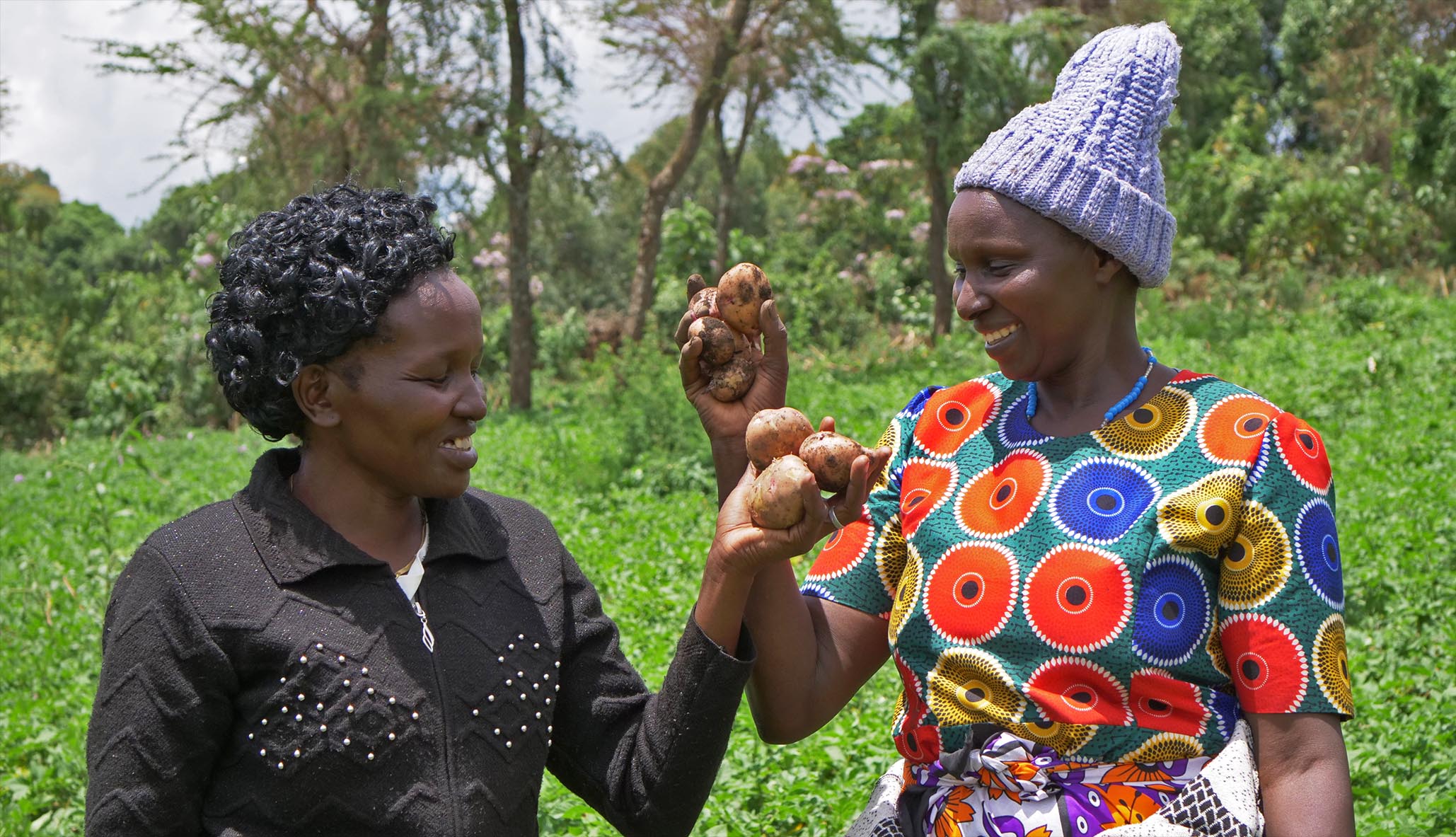
Climate change is a global concern that threatens food production at all nodes of production. Therefore, achieving desired and long-lasting adaptive agriculture solutions to the adverse effects of climate change requires that value chain actors understand and have access to evidence-based solutions and information that prepares them to adapt and become more resilient to address climate related risks.

The idea of accelerating development by using both older media such as radio and newer information and communication technologies has gained momentum in Africa over the past decades. The continent’s development blueprint - the New Partnership for Africa’s Development (NEPAD) places information technologies high among its priorities. Governments agree that good Internet, telecommunications, and broadcasting services can foster regional trade and improve integration into the global economy.

Africa’s smallholder farmers represent the largest climate-vulnerable population on the planet. Their livelihood is entirely reliant on the environment thereby making them extremely vulnerable to minor changes in temperature or rainfall. Building climate resilience for these farmers requires massive investment in agricultural value chains to boost the adoption of climate-smart agriculture (CSA).
However, underfinanced value chains limit these smallholders’ ability to adopt appropriate CSA practices and technologies, since many financial institutions view African agricultural SMEs and Cooperatives as too risky; driving a huge climate investment gap that prevents bankable agribusinesses from emerging and scaling.
Even in cases where financing happens, the default rates tend to be high due to climate related risks.
The case is no different for Ugandan agribusiness SMEs and Cooperatives because of the apparent lack of coordination and strategic direction in accessing climate finance to implement climate change mitigation and adaptation measures.
Hence, a better understanding of the strategy of financial institutions, accompanied by effective de-risking activities and potential portfolio financing is needed if positive results are to be achieved. This includes working with financial institutions to develop relevant and targeted financial products for various actors in the value chains is essential.
It is against this backdrop that the Climate Resilient Agribusiness for Tomorrow (CRAFT) Project organised an open dialogue to discuss modalities of climate financing in Uganda.
Over fifty (50) participants who attended were selected from a pool of practitioners that have relevant experience in the areas of climate finance and agribusiness enterprise development. They included: representatives from commercial and development banks, keyline government ministries, microfinance institutions, investors/social lenders, insurance companies, CRAFT validated agribusiness SMEs and Cooperatives, as well as CRAFT consortium partners.
During the event, the consensus was that climate finance is needed as an instrument to help food systems to overcome some of the numerous barriers to investments in sustainable agricultural practices. It can also catalyze the transition to a more resilient agricultural sector that reduces greenhouse gas emissions and increases carbon sequestration while fostering food security and promoting local economic development.
Hence, by the end of the 2-days, the participants had generated ideas and concrete plans about how financial institutions can be effectively mobilized to provide resources that support climate-related investments specifically in food value chains. They included:









